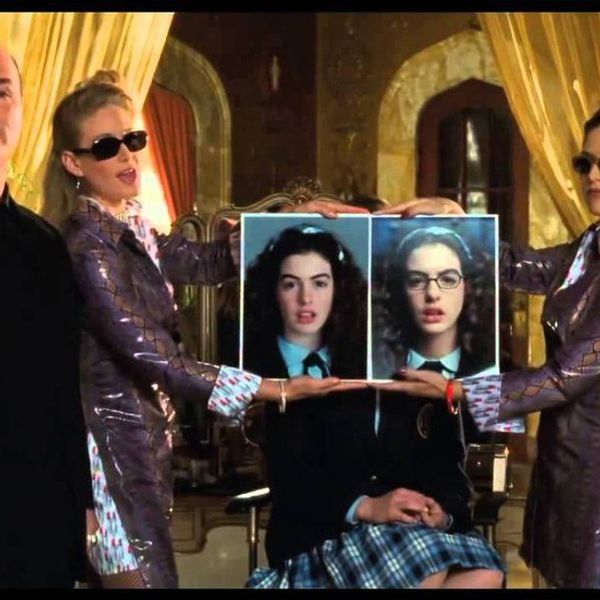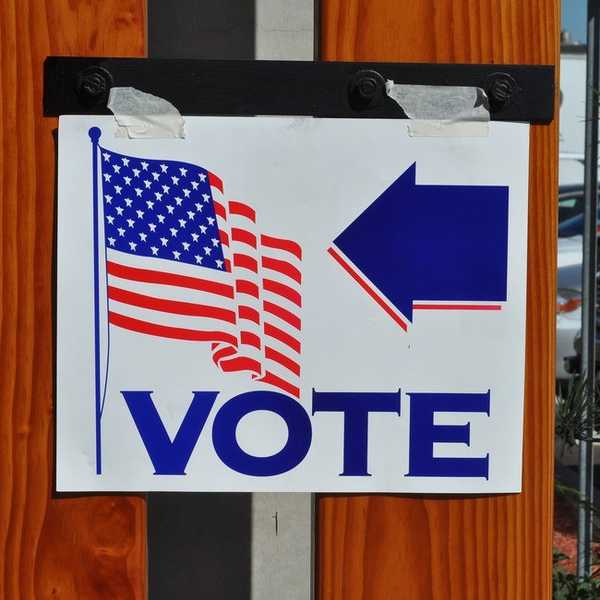The media is a dangerous tool. When used incorrectly, it can mold the minds of an entire generation. An entire generation of Cinderellas. Another one of Jasmines. And the most recent, a generation of Elsas. The young girls of today’s society have been saturated in a movie that was the highest grossing animated film ever, everything from a doll to an umbrella has Olaf and Elsa. The dispersion of this form of media is perpetuated by the adults, but it is the child that receives the most negative results. Disney is at fault in many cases for reinforcing stereotypes that young girls feed off of for years, abusing their power as a main outlet of influence. However, in recent years, there has been a paradigm shift in the way main characters are portrayed. Girls are now being empowered to be independent through recent movies like Frozen and Brave, but the existence of a male for the girl to be successful in these films is relentless. This stereotype of every girl being a “damsel in distress” is significant in the development of a young woman who is trying to define herself, but assumes that there has to be a man standing beside her to do that.
For decades it was perceived that because the princesses were “simply a story” or “just a movie,” that the effect of the content of a fantasy was minimal. However, that has been proved completely inaccurate a multitude of times as there is a direct effect on the impressionable youth being targeted. The formation of these stereotypes of a girl’s place in the world are imprinted upon the minds of young ones who can only repeat and learn what they see. The ideal of being a princess is novel; all humans yearn for luxury and ease in their life, and in case of a little girl, an everlasting love. The fantasy of the story draws individuals to it, but it is what they depart with that is truly effectual. What makes the Disney Princess movies a fantasy is the magical aspect. For a young girl, the ideal of magic and that anyone can be a princess seems juvenile and harmless, but it is also the foundation of the gender roles created. A girl wishes a fairy godmother into existence that solves all of her problems for her. That a girl can do nothing without a prince charming, or 7 male dwarfs. The subtexts that these stories have create the stereotypes. A girl could never fight in a war; the captain said to “be a man.” The direct text pushes an agenda. The most influential aspect of the content of a story are the views of the person writing it. The number one rule of writing, is to write what you know. It is expected that this happened when the stories of the princesses were being transcribed from an old fable to a benchmark animation film for children; that the writers had their perception of the story and their own beliefs shone through. There is always a larger message at play, a story does not exist as a story, it is a vessel for a larger problem. The writers have the ability to create that message, and an abuse of that ability creates bias and influence over the target audience.
The “damsel in distress” is an old concept that has been left behind. Most people see it as a plotline or the basis of a love story, but the subtext provided is that girls cannot save themselves and they must depend on someone else, or in the specific case of the princesses, depend on a man. Most Disney princesses are never alone. When these movies started in the 1930s with Snow White, there was the intense presence of a man. Even though the protagonist was a female, the male took up an incredible amount of the attention of the female character and the audience. He became the accompaniment to the princess. Where there is a princess, there is a prince. A main theme in most Disney Princess movies is good vs. evil. The good is always a pretty, young, lively girl with a strong hope for love, and the evil is ugly, old, alone, and jealous of the girl. This assumption created by the writers of evil having an ugly face is another stereotype reinforced in addition to the perpetuation that women and girls are catty and superficial, constantly trying to best one another.
From the superficial Snow White to the strong Elsa, the change in the subtext and meaning of Disney princesses has been great. Almost 80 years have past and Disney has grown with the times, and with each feminist movement there is a shift in the way the movie is made. The villains have altered with it, de-villainizing a stereotype for women being catty, superficial, and jealous. Now the villains are men who strive to take advantage of women, a third wave feminist theory. Women are no longer damsels, they are the rescuers. The Princesses rescue themselves; their independence sparks a chain and inspires people. Disney has been at the prime of perpetuating stereotypes and showing them to a young generation, corrupting their impressionable minds. In order for there to be a better result, there was a necessity for a change. The evolution of feminism during the 20th century altered Disney for the better. Although there has been remarkable positive change, the formation and reinforcement of gender roles still exists in our society. There must always be individuals catalyzing change and furthering the progress of the feminist movement for long-term success.





















